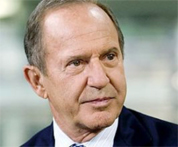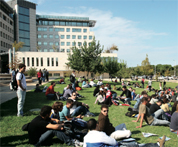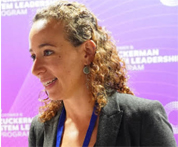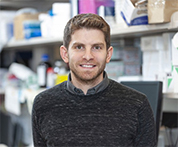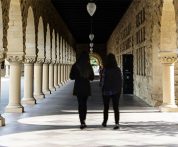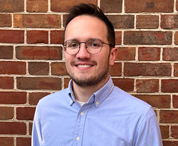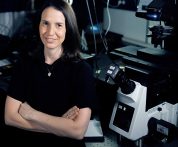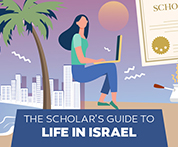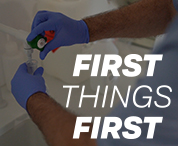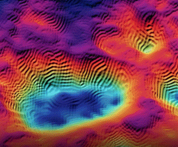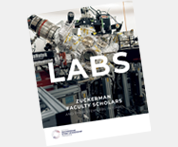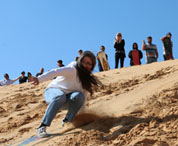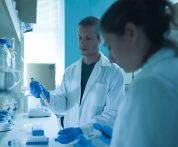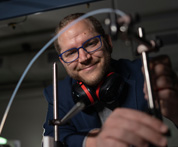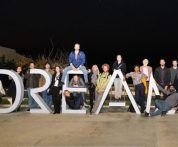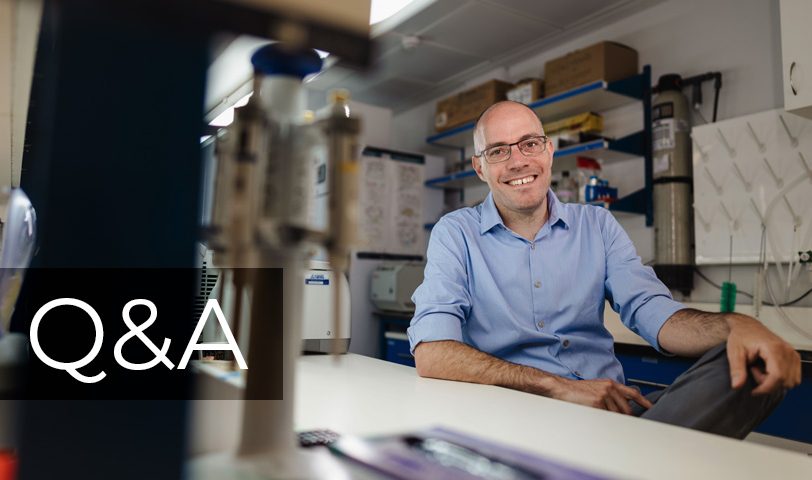Dr. Ido Goldstein’s laboratory at Hebrew University’s Institute of Biochemistry, Food Science and Nutrition, part of the Robert H. Smith Faculty of Agriculture, Food and Environment, investigates how liver cells program the expression of different genes in response to altered nutrition; how these programs are derailed in disease, and how we can re-establish them to restore health.
Dr. Goldstein did his postdoc at the prestigious National Institutes of Health (NIH), where he received the National Institutes of Health Fellows Award for Research Excellence.
Please describe your current research, the focus of your lab, and talk about the practical implications of your research
Our lab researches the body’s response to fasting. Research shows that intermittent fasting has been found to be beneficial, but nobody really knows why. Not only is it very hard to fast periodically, it also isn’t a realistic therapeutic approach. We want to dig deeper into the body’ fasting response, and the biological program that puts your body into a different state when you fast. We focus on the liver since one of its functions is burning fat, to determine which genes in the liver control these processes. We want to mimic the hormonal and metabolic state of fasting to fool the body into thinking its fasting for a longer time, for example, fasting for 12 hours and making it seem like 24 hours.
Once we have a better understanding of that response, we will know to how to better employ its therapeutic potential and explore ways to harness its benefits. This extends to diseases such as diabetes, obesity, cancer, and Alzheimer’s.
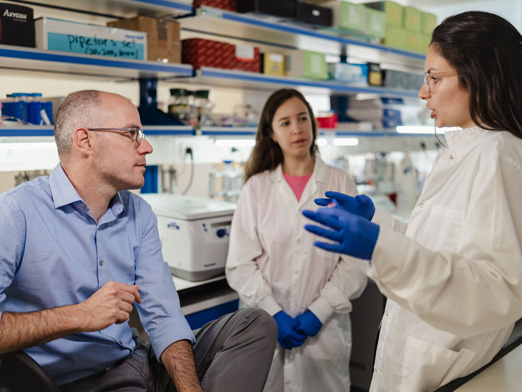
What do you enjoy most about your research and what you do?
Someone once said that scientists are standing on the border between light and darkness. What I enjoy most as a scientist, and not only in my research, is that what we discover is new. I feel like I am part of something greater than just my discoveries, and that’s what I like. I study biology because the human body is just amazing! Every time we discover something about the body – it’s been there all the time – its keeps astonishing me.
What inspired you to pursue this area of research?
I realized early on that biology is very complex and has a certain order. I’ve always been interested in how the human body manages to orchestrate the myriad of functions needed for life, as well as to respond and adapt to its changing environment.
The beauty of biology is that it’s all there, waiting to be discovered. The vast majority of discoveries aren’t about finding new paths of discovering something new, but finding new things on top of other discoveries. And while each discovery is very small, it contributes another brick in the building. Maybe one day I’ll see the few bricks I put into that very big building called science.
What does it mean to you to be part of the Zuckerman Faculty Scholars Program?
Being a Zuckerman Faculty Scholar goes beyond being a grant recipient and exceeded my expectations. First, I am so grateful for the care and attention to detail on the part of the amazing Zuckerman staff. They take the time to make us feel part of a group, organizing special networking events and activities that are highly enjoyable. It gives us a chance to connect, talk about our research, and discuss potential collaboration.
It’s great to be part of this relatively small group of people and is a great way to meet individuals from other fields and other universities. I never get to talk to chemists or physicists from my own university let alone from others! Through the program, I meet people I never would have had the chance to meet otherwise.
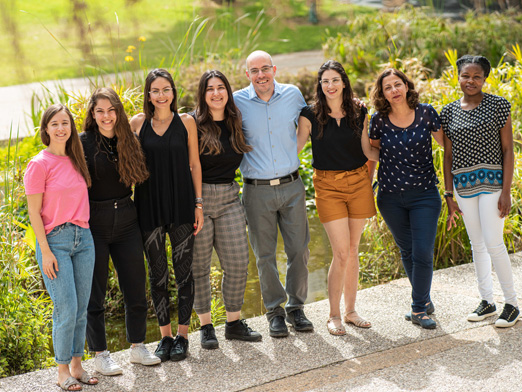
Where do you hope your research will have the greatest impact?
My long-term goal is to produce a meaningful impact on people’s health by providing scientific insights into liver biology, nutrition and gene regulation.
As a teacher, I recognize that most students go into the field because they realize the beauty of science. I want to help them graduate with that same passion for science combined with the tools they need to discover more scientific marvels.
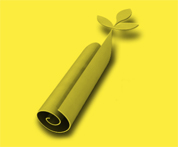 ISRAELI COUNCIL FOR HIGHER EDUCATION
ISRAELI COUNCIL FOR HIGHER EDUCATION MIT-Israel Zuckerman STEM Fund for Faculty Collaboration
MIT-Israel Zuckerman STEM Fund for Faculty Collaboration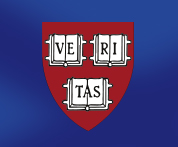 The Zuckerman Travel and Research STEM Fund at Harvard
The Zuckerman Travel and Research STEM Fund at Harvard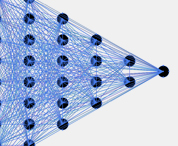 Zuckerman AI Fund at Technion
Zuckerman AI Fund at Technion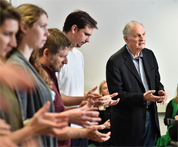 Alan Alda Communicating Science
Alan Alda Communicating Science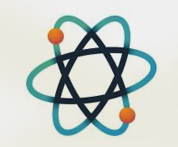 Zuckerman Institute – ScienceAbroad
Zuckerman Institute – ScienceAbroad Zuckerman Institute – America-Israel Friendship League partnership
Zuckerman Institute – America-Israel Friendship League partnership

